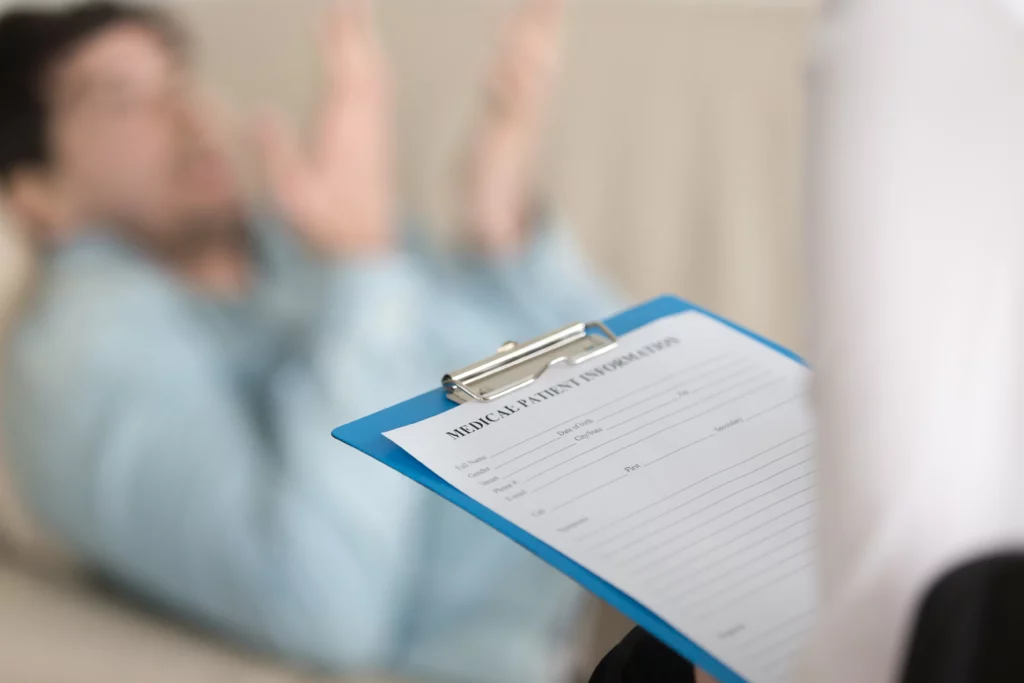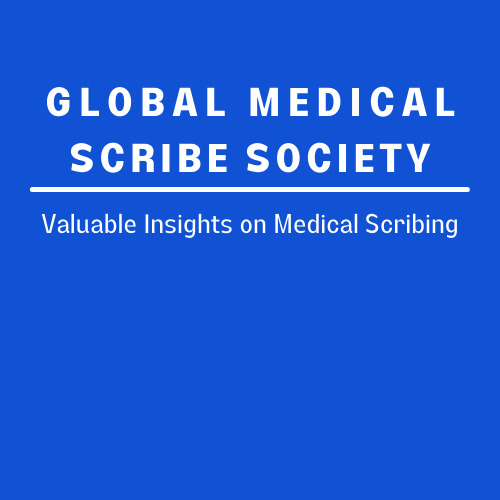
Enhancing the physician-patient relationship stands as a cornerstone to ensuring quality patient care and positive health outcomes. This relationship, pivotal in psychiatry, not only facilitates the healing process but also greatly influences assessment, diagnosis, and treatment. However, the rise of electronic health records (EHRs) has been a challenge, diverting psychiatrists’ attention from patients to computer screens. In the realm of psychiatry, where therapeutic relationships are paramount, the need for a solution is evident. Enter psychiatric scribe, a remedy for the documentation burden that allows psychiatrists to focus on patient care without compromising the crucial physician-patient relationship.
Nature of psychiatric scribe consultations and the importance of a positive physician-patient relationship
Psychiatric consultations typically involve information gathering, relationship building, and implementing therapeutic measures. The quality of the psychiatrist-patient relationship significantly influences therapeutic outcomes, affecting data collection, treatment compliance, and overall success. Unfortunately, psychiatrists often find themselves tethered to computers, diverting attention from direct patient communication and hindering relationship building. Employing psychiatric scribes emerges as a strategic solution, offering invaluable documentation support and enabling psychiatrists to dedicate undivided attention to patient evaluation and treatment.
Nature of mental health documentation and need for Psychiatric Scribe support
Documentation stands as a cornerstone in psychiatric care, supporting medical decisions, justifying reimbursements, protecting against malpractice liability, and ensuring regulatory compliance. The intricate nature of mental health evaluations, encompassing various aspects of a patient’s condition, can be compromised when psychiatrists are engrossed in EHR data entry during appointments. The use of psychiatric virtual scribes addresses this challenge, allowing real-time documentation of patient encounters, including history, examination findings, and treatment plans. This seamless integration into electronic health records ensures that psychiatrists can fully engage with patients and perform comprehensive mental health assessments without the distraction of keyboard interactions. Such engagement strengthens physician-patient relationships, leading to better health outcomes.
What does a psychiatry scribe do?
Psychiatric virtual medical scribes are skilled professionals who remotely aid psychiatrists in real-time documentation of patient encounters. This encompasses patient history, examination findings, and treatment strategies. With scribes documenting verbal instructions and observations, psychiatrists can perform thorough mental health assessments and come up with the right treatment plans. In short, it allows psychiatrists to focus on providing effective and efficient care, enhancing the patient-physician relationship. By offloading the EHR workload onto psychiatric scribes, psychiatrists gain the luxury of time, enabling more meaningful interactions with patients.
Conclusion
For psychiatrists grappling with the negative impact of EHR documentation on communication and patient relationships, there is a solution. Psychiatric scribes can efficiently document patient encounters, freeing up psychiatrists to redirect their focus on patients and fostering better relationships. In the realm of mental health therapy, where the patient-physician connection is pivotal, the assistance of psychiatric scribes is invaluable, ultimately leading to improved patient outcomes and satisfaction.
